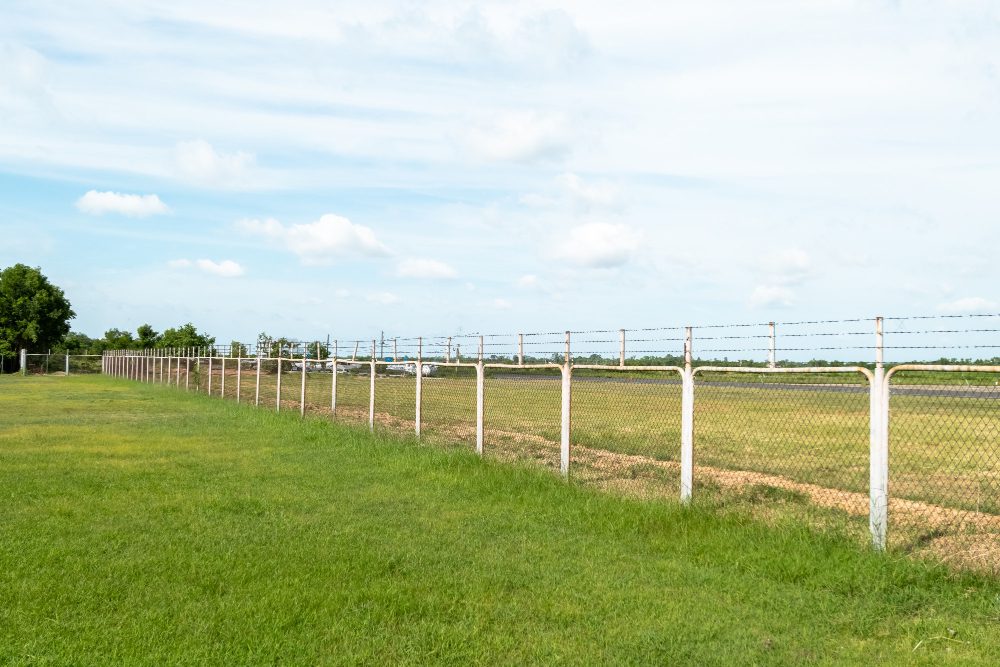How to Choose the Perfect Metal Fence for Your Livestock?

Selecting the perfect metal fence for livestock is a critical decision for farmers and landowners. It ensures the safety and security of animals, protecting them from external threats and preventing them from straying. With various materials and designs available, understanding the nuances of metal fencing is pivotal. Learning the factors influencing the choice of metal fences for livestock is crucial.
Vital Considerations for Livestock Metal Fence
Understanding the myriad factors that influence the materials and design of your livestock fencing can spare you from unnecessary expenditure, time loss, and legal complications.
Livestock Metal Fencing Expenses
Factors Influencing Costs:
- Material Type
- Fence Length and Height
- Design Complexity
- Labor Charges
- Type of Livestock
The cost of metal fencing for livestock varies widely based on several factors. The choice of material, whether steel or aluminum, significantly determines the overall expense. The size and design of the fence impact both the quantity of materials needed and the complexity of the installation process, affecting labor costs. Additionally, different types of livestock require fences of varying strengths and heights, influencing the final price.
Placements for Livestock Fences
Factors Influencing Location:
- Local Weather and Climate Conditions
- Natural Elements
- Terrain Type
- Proximity to Water Bodies and Forests
- Urban Area Closeness
The placement of a metal fence should consider local weather patterns, as extreme conditions can affect durability. The terrain influences the fence’s design and installation method, with sloped lands requiring more strategic planning. Proximity to water bodies and forests might necessitate more robust fencing solutions to counteract wildlife. Urban proximity also demands heightened considerations for aesthetics and regulations.
Regulations Governing Livestock Fencing
Laws to Consider:
- Zoning Restrictions
- Property Lines
- Animal Husbandry Laws
- Environmental Regulations
- Public Safety Acts
Before erecting a metal fence, it’s essential to understand local laws and regulations. Property line verification prevents disputes with neighbors. Zoning laws may restrict fence heights or materials, while animal husbandry laws ensure the welfare of livestock. Public safety and environmental regulations aim to protect the community and natural habitats, influencing fence design and placement.
Elements of Livestock Fence Design
Designing a metal fence in Utah and other regions for livestock requires a careful balance of functionality and safety. The primary goal is to create a barrier containing animals while protecting them from external dangers. Essential design elements include the fence’s height, ensuring it’s tall enough to prevent animals from jumping over, and the spacing between bars or wires, tailored to the size of the livestock to prevent escape or injury.
Support Structures for Livestock Fences
The stability of a metal fence hinges on its support structures. Durable posts, anchored securely into the ground, provide the backbone for the entire fencing system. These posts must withstand environmental pressures and the force exerted by animals. Regular inspection and maintenance are crucial to ensure the long-term durability of these support elements.
Constructing Livestock Fence Panels
Standard Options:
- Pickets
- Wires
- Boards
- Rails
- Wire Mesh
Fence panels form the visible barrier of the metal fence, with options ranging from solid boards and rails to more open wire mesh designs. The choice depends on the specific needs of the livestock and the property. Panels must balance visibility, airflow, and security to create an optimal environment for the animals contained within.
Ensuring your animals’ well-being hinges on sturdy livestock metal fences. For optimal chicken coop design, prioritize both ventilation and security with robust wire mesh instead of solid wood panels. If your livestock includes agile jumpers like horses and goats, a fence height of at least 1.05 meters is essential—consider height extenders or boosting the fence height to ensure their containment and safety.
Utilizing Wire for Livestock Fencing
Wire fencing is a versatile option for livestock, offering both visibility and containment. The spacing and thickness of the wire can be adjusted based on the type of livestock and the level of security needed. Barbed wire may deter predators and prevent livestock from leaning against the fence, while smoother options minimize the risk of injury.
Wire fences come in two types: horizontal wires and wire mesh panels. Horizontal wire fences connect long strands of wire to posts, spaced 15-30cm (6-12in) apart. They might have extra support with vertical/diagonal wires. These fences can let smaller critters slip through, like with barbed wire.
Wire mesh fences have different designs. Wires are woven or welded together, making a solid barrier. Some panels are made for specific animals, like chicken wire.
Implementing Electric Metal Fences for Livestock
Electric fences add an additional layer of security for livestock, deterring animals from testing the boundaries without causing harm. These fences must be installed with care, incorporating safety features like warning signs and ensuring they are placed at a safe distance from other structures. Regular checks are necessary to maintain their effectiveness and safety.
Options for Livestock Fence Materials
Common Damage Causes:
- Natural Elements
- Weathering
- Rot or Rust Problems
- Insects and Pests
- Mold Growths
Common Material Types:
- Polyvinyl Chloride (PVC)
- Wood
- Aluminum
- Composite
- Steel
The choice of material for a metal fence significantly impacts its longevity and maintenance needs. While wood offers a traditional look, it may be susceptible to rot and insect damage. PVC and composite materials provide resistance to weathering and pests but vary in strength and durability. Steel offers the best resilience against corrosion and strength for securely containing livestock.
Secure Livestock with Bison Pipe Metal Fencing
Ready to secure your livestock with the highest quality metal fence in Utah? Bison Pipe specializes in durable steel fencing solutions tailored to your needs. Trust us to provide the strength and reliability your farm requires. Contact Bison Pipe today and let us help you create a safe, robust enclosure for your livestock with our expert steel products.

